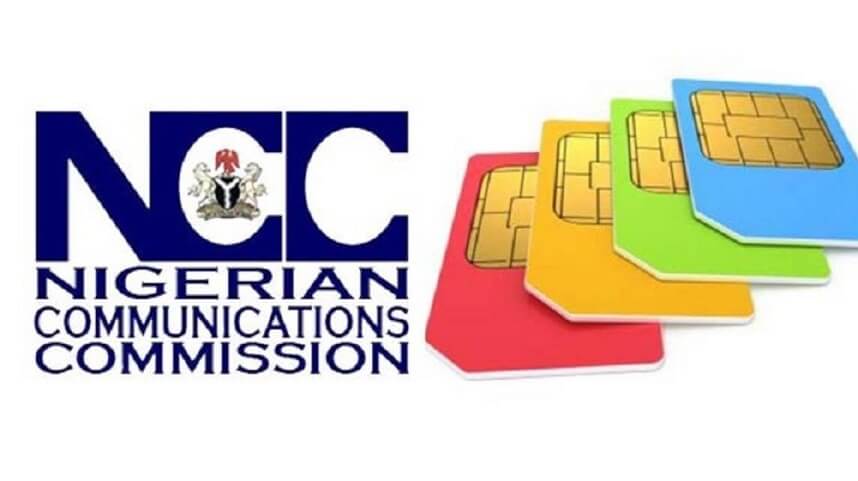Nigeria: NCC sets deadline for deactivation of SIM Cards not linked with NIN

The Nigerian Communications Commission (NCC) has issued a directive stating that SIM cards not linked to National Identity Numbers (NIN) will be deactivated by the end of February.
Premium Times reported that Aminu Maida, the NCC Executive Vice Chairman/Chief Executive Officer, revealed this during a press briefing on Tuesday, February 6, 2024.
The mandate for linking SIM cards with NINs was initiated in December 2020, following government orders for telecommunication companies to block calls from unregistered and unlinked NINs.
This measure aimed to aid in combating criminal activities, particularly those perpetrated by bandits and terrorists.
Despite multiple deadline extensions, a significant number of phone lines remain unlinked.
Hence, the efficacy of the SIM-NIN linkage in enhancing security remains uncertain, with terrorist attacks persisting.
Addressing concerns, Maida acknowledged the persistent challenge posed by pre-registered or illegally registered SIM cards.
He cited the 2021 policy mandating the linkage of NINs with SIM cards as an attempt to mitigate the issue, but noted criticisms regarding existing loopholes in the process.
Maida asserted the NCC’s commitment to ensuring accountability among telecom service providers regarding customer service delivery.
He disclosed that the commission aims to adopt a data-driven approach in decision-making to enhance industry standards and consumer satisfaction.
“Pre-registered or illegally registered SIM has been a challenge for a long time. In 2021, there was a policy to link NIN with SIMs thinking that such will take care of the problem but people in the value chain lashed out on loopholes.”
“You are going to see a change in the way we make decisions; we are going to be very data-driven. All our decisions are going to be backed up by data as much as possible. We want to reduce subjectiveness and make the right decisions that will improve the industry.
Emphasising the importance of consumer interests, Maida outlined plans to prioritise consumer protection while also upholding the obligations of licensed operators.
He highlighted the NCC’s focus on addressing complaints through enhanced monitoring of licensees’ customer service systems.
“We intend to hold our licensees accountable for all services. After all, the consumers pay for the services and they expect the service to be at a certain level or point so we will be holding our licensees accountable to ensure they deliver on their obligations to their licenses.
Moving forward, Maida announced that the commission intends to address second-level complaints, aiming to identify and resolve consumer grievances promptly.
He stressed the commission’s dedication to serving the interests of consumers, industry stakeholders, and the government, aiming to align with the diverse expectations of each party involved in the telecommunications sector.







